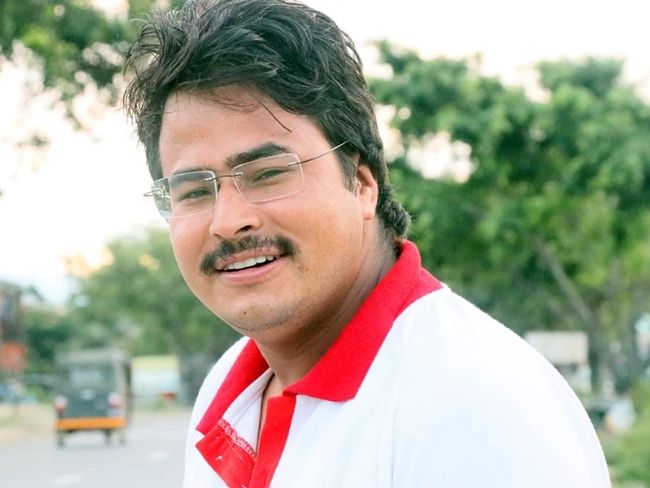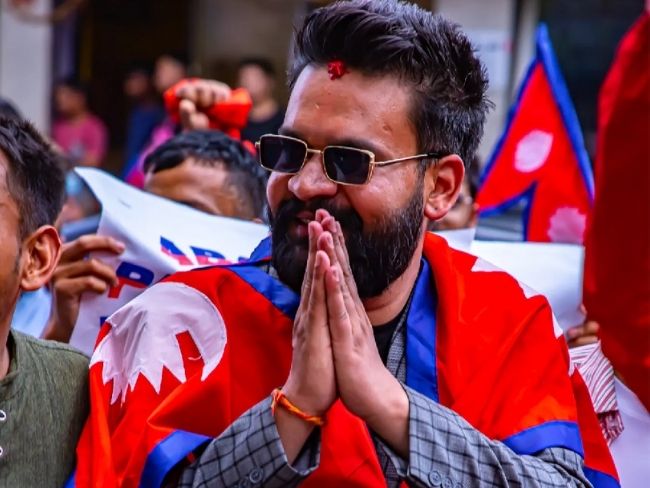Who is Sushila Karki?
Sushila Karki is a renowned Nepali jurist and the first woman to serve as Chief Justice of the Supreme Court of Nepal. She is also the first woman to become the Prime Minister of Nepal. She built her legacy in the country’s judicial system through fearless judgments, a firm stance on punishment, and independence from political influence.
Quick Facts
- Full Name: Sushila Karki
- Date of Birth: 7 June 1952
- Place of Birth: Biratnagar, Morang District, Nepal
- Nationality: Nepali
- Spouse: Durga Prasad Subedi
- Education:
- Bachelor of Arts (B.A.) in Political Science – Mahendra Morang Campus, Biratnagar (1972)
- Master of Arts (M.A.) in Political Science – Banaras Hindu University, India (1975)
- Bachelor of Law (B.L.) – Tribhuvan University, Nepal (1978)
- Profession: Teacher, Lawyer, Judge, Chief Justice, Politician
- Position: 24th Chief Justice of Nepal, Interim Prime Minister of Nepal
- Notable First: First Female Chief Justice of Nepal, First Female Prime Minister of Nepal
Early Life and Education
Sushila Karki was born on June 7, 1952, in Biratnagar, Morang District, as the eldest of 7 children. She earned her Bachelor of Arts degree in 1972 from Mahendra Morang Campus, Biratnagar, and later went to India to pursue an M.A. in Political Science at Banaras Hindu University (BHU), graduating in 1975. Although BHU offered her a teaching position and the chance to pursue a PhD, she chose to return to Nepal. Driven by her strong interest in governance and justice, she enrolled at Tribhuvan University and earned her Bachelor of Law degree in 1978.
Career Path
- Early Years and Practice in Law:
After graduating in Law, she began her career as an advocate in the Biratnagar Court in 1979. From 1986 to 1989, she also worked as an assistant teacher at Mahendra Multiple Campus. Her career as a research-oriented lawyer gained momentum, and she went on to serve as president of the Koshi Zonal Bar (1988–1990) and the Biratnagar Appellate Bar (2002–2004).
- Entry into Judiciary:
In 2004, she was given the title of Senior Advocate in the Nepal Bar Association. In 2009, she also became an ad-hoc Justice of the Supreme Court of Nepal, and in 2010, she became a permanent Justice.
- Chief Justice of Nepal:
Nepal formally appointed Sushila Karki as its 24th Chief Justice on April 11, 2016, and she served until June 6, 2017. Although her tenure was short, people regarded her appointment as a significant step toward empowering women in the country.
Judicial Philosophy
Sushila Karki earned a reputation as a firebrand judge who wasn’t afraid to challenge those in authority. Accordingly, her court philosophy focused on a zero-tolerance approach to corruption and strict adherence to the rule of law. Moreover, her strict demeanor and spartan lifestyle earned her widespread public respect for her integrity.
Key Cases and Contributions
Throughout her career, she was in charge of some of the most crucial cases that have enhanced constitutional rights and placed strong personalities in check.
- Lokman Singh Karki Case: She led the court that rejected the appointment of Lokman Singh Karki as the chairperson of the Commission of the Investigation of the Abuse of Authority (CIAA), which was a strong anti-graft authority. The decision was a big hit on political appointments and corruption.
- Police Chief Appointment Case: During the government of Pushpa Kamal Dahal, she made a very controversial ruling in which she said the government had unfairly overlooked the seniority rule while appointing the Nepal Police Chief. This ruling was the direct cause of the impeachment movement taken against her.
- Other Notable Cases: Jaya Prakash Prasad Gupta, the Information and Communications Minister, was also convicted of corruption, and a convicted murderer, Bal Krishna Dhungel was denied amnesty by her.
Controversies and Impeachment Motion
In April 2017, the Nepali Congress and the Communist Party of Nepal (Maoist Centre) filed an impeachment motion against her. They alleged that she overstepped judicial boundaries and interfered in executive decisions. Many critics condemned the move as a political attempt to remove her after her ruling on the police chief’s appointment. In response, the Supreme Court issued an interim order to stay the motion. However, massive public pressure and a constitutional crisis forced the parties to withdraw it. As a result, she became known as a brave and independent judge.
The Conclusion of Her Judicial Career
Sushila Karki retired as Chief Justice of the Supreme Court of Nepal on June 7, 2017, at the age of 65, after building a remarkable legacy. People revere her as an icon of judicial autonomy and a fearless fighter against corruption. After retiring, she stayed active in public life and wrote her autobiography, Nyaya, and a novel, Kara, both inspired by her prison experience during the 1990 People’s Movement.

A New Beginning: From the Bench to Prime Minister
On September 8, 2025, Generation Z launched a major protest against corruption in Prime Minister KP Sharma Oli’s government. The protest, later called the “Gen Z protest,” forced Oli to resign. This created the need for an interim government. Organizers held a symbolic vote on Discord and considered five candidates. With support from the Nepalese Army, they chose Sushila Karki, the former Chief Justice, as interim Prime Minister. After the Federal Parliament dissolved, she took the oath of office on September 12, 2025, under Article 61 of the Constitution. She became Nepal’s first female Prime Minister.
Personal Life
Sushila Karki is married to Durga Prasad Subedi, a well-known journalist and a prominent politician in Nepal’s democratic movement. Notably, in 1973, he helped hijack a Royal Nepal Airlines aircraft to raise funds for the struggle against the Panchayat regime. Later, the two met at Banaras Hindu University. Since then, she has described him as her most reliable friend and mentor.
A Lasting Legacy: Fight Against Corruption
The biography of Sushila Karki tells the story of a woman who devoted her life to the public good and the pursuit of justice. Consequently, she made history as the first female Chief Justice of Nepal and earned recognition for her fearless fight against corruption. Later, on September 12, 2025, she became the first woman nominated as the Interim Prime Minister of Nepal, a role she attained directly because of her strong record of integrity.
You May Also Like:





Comments are closed